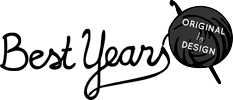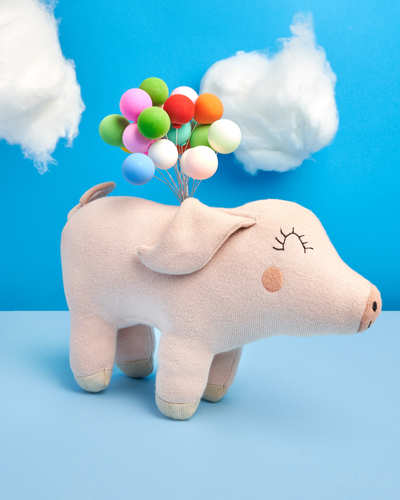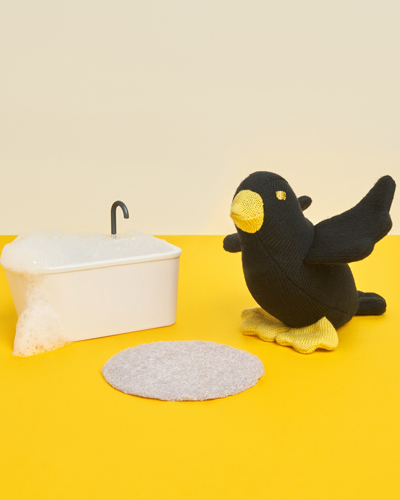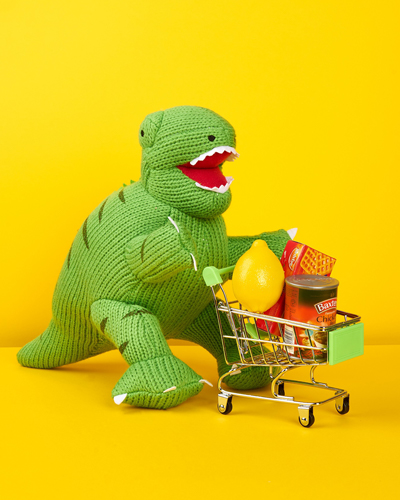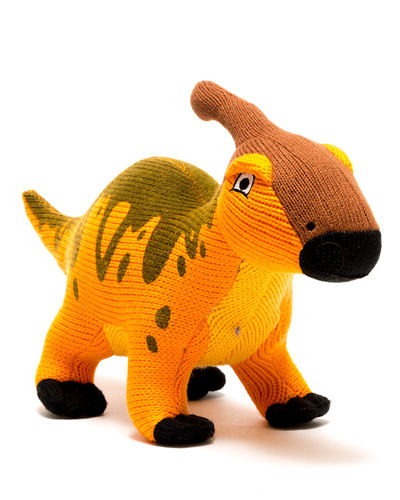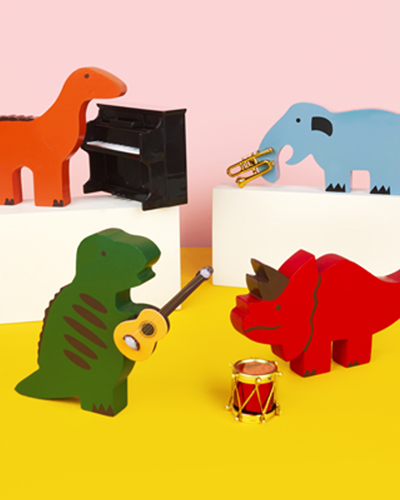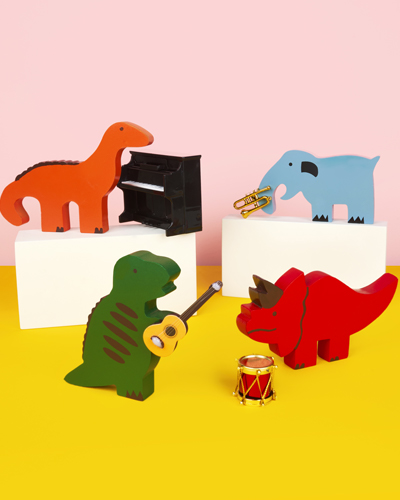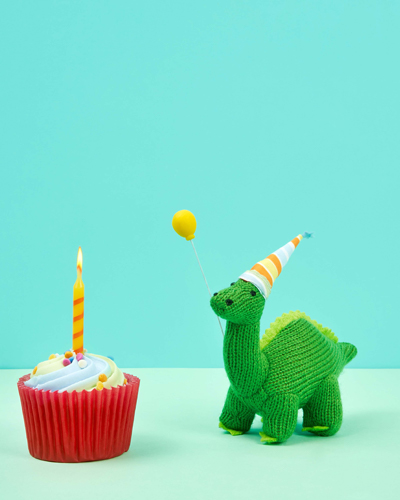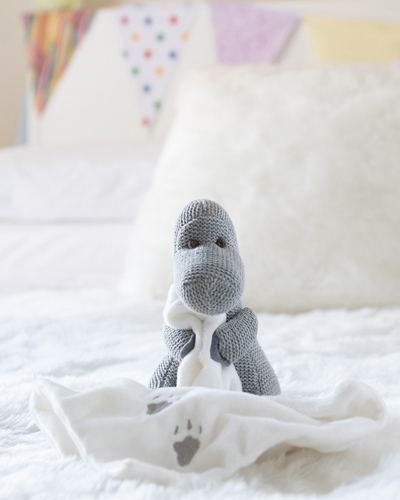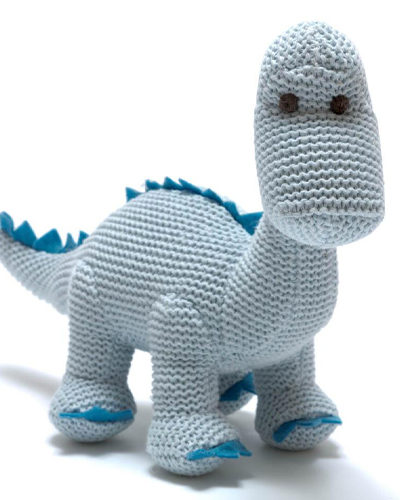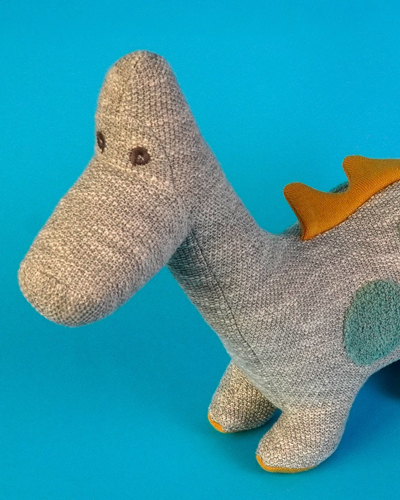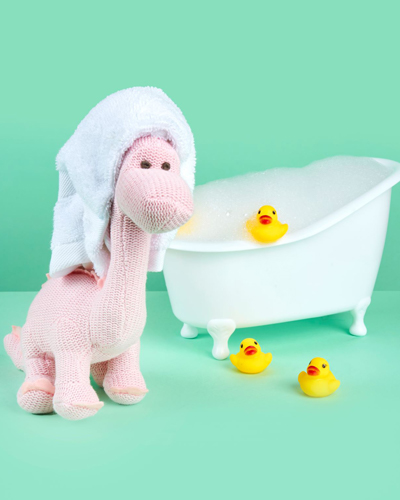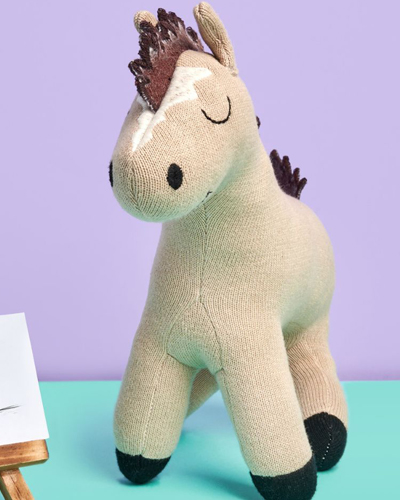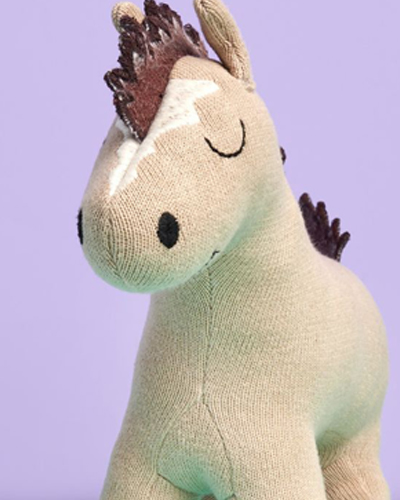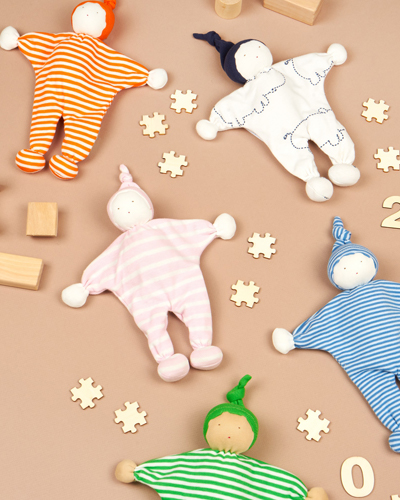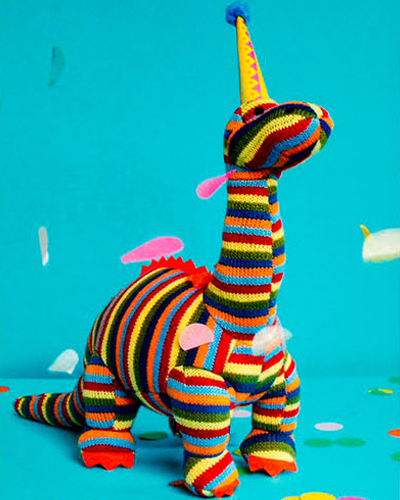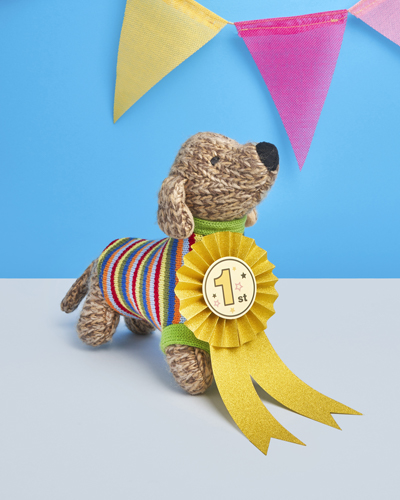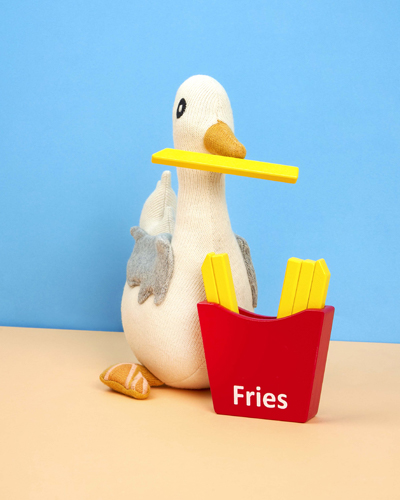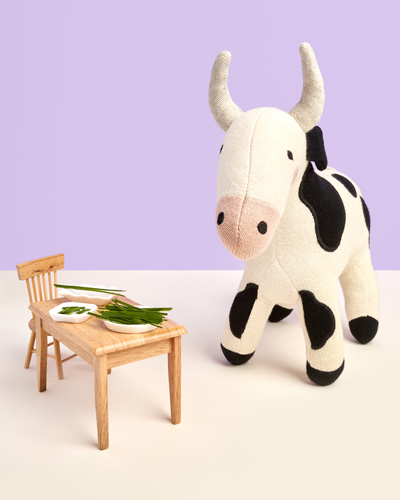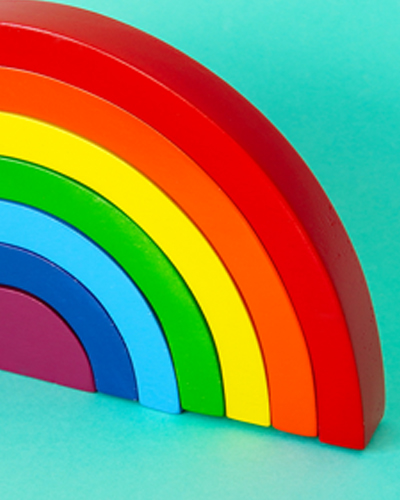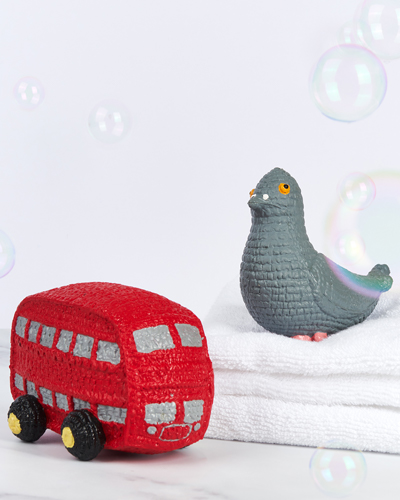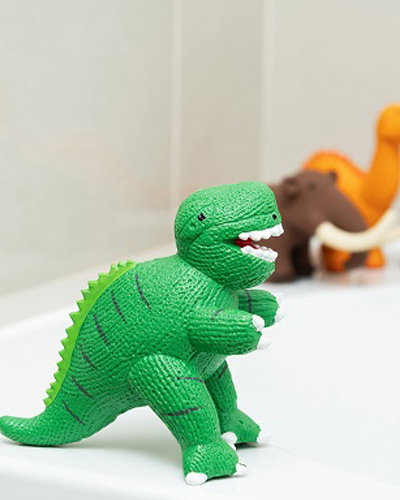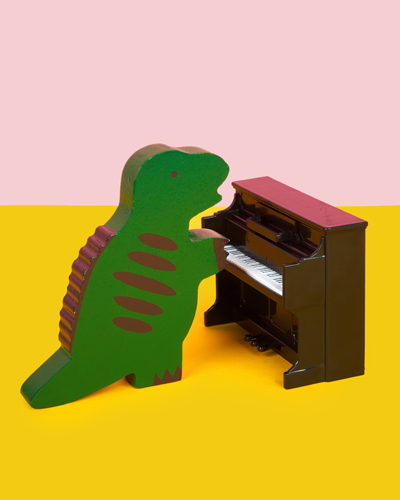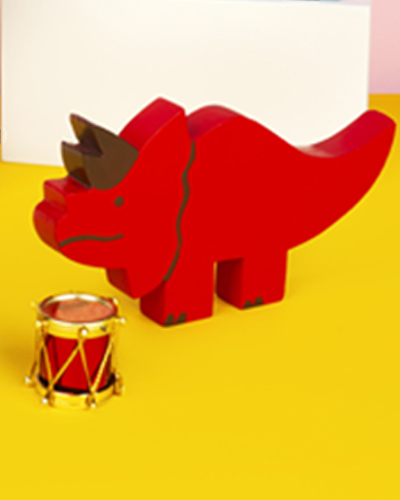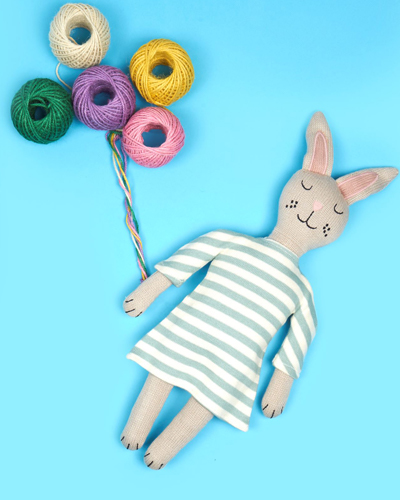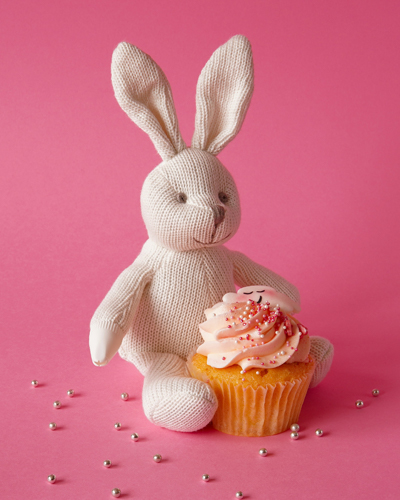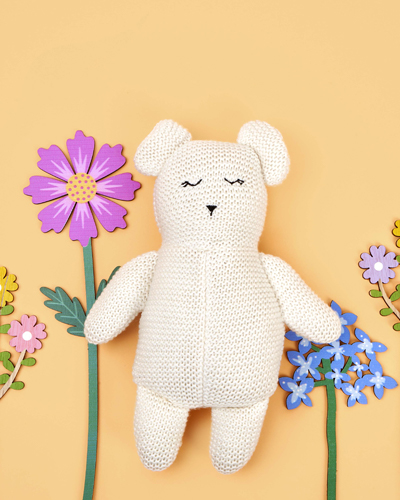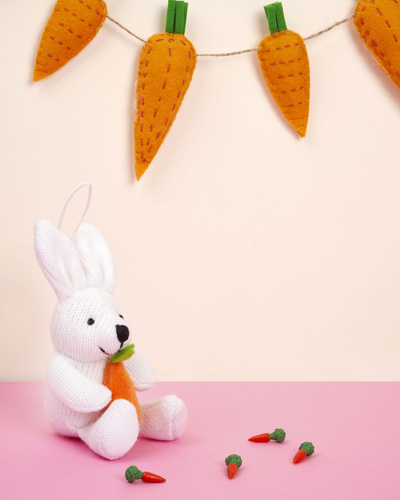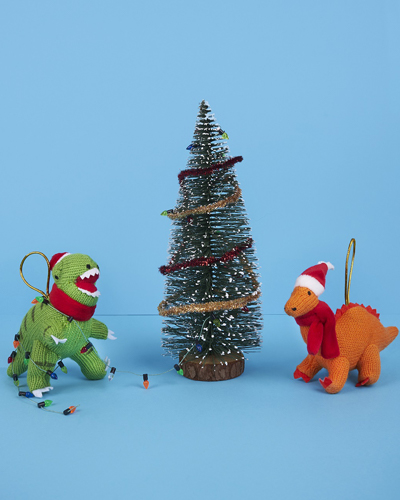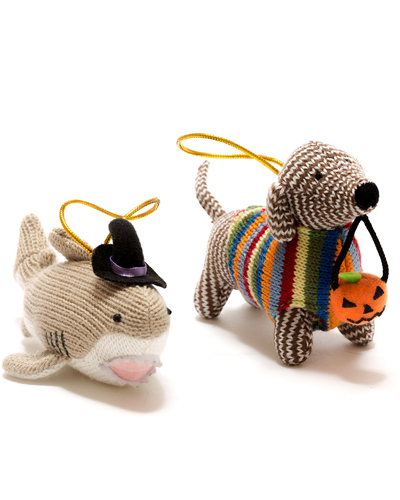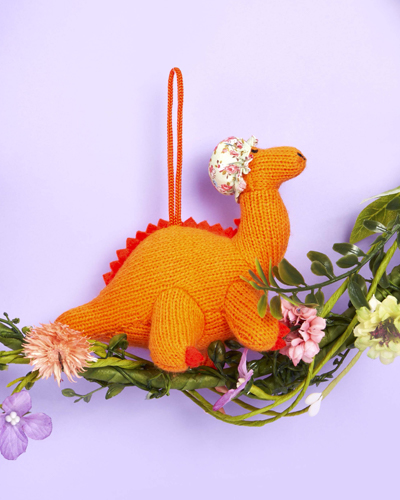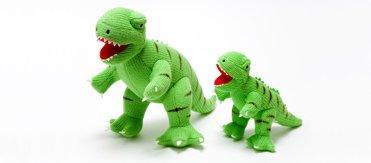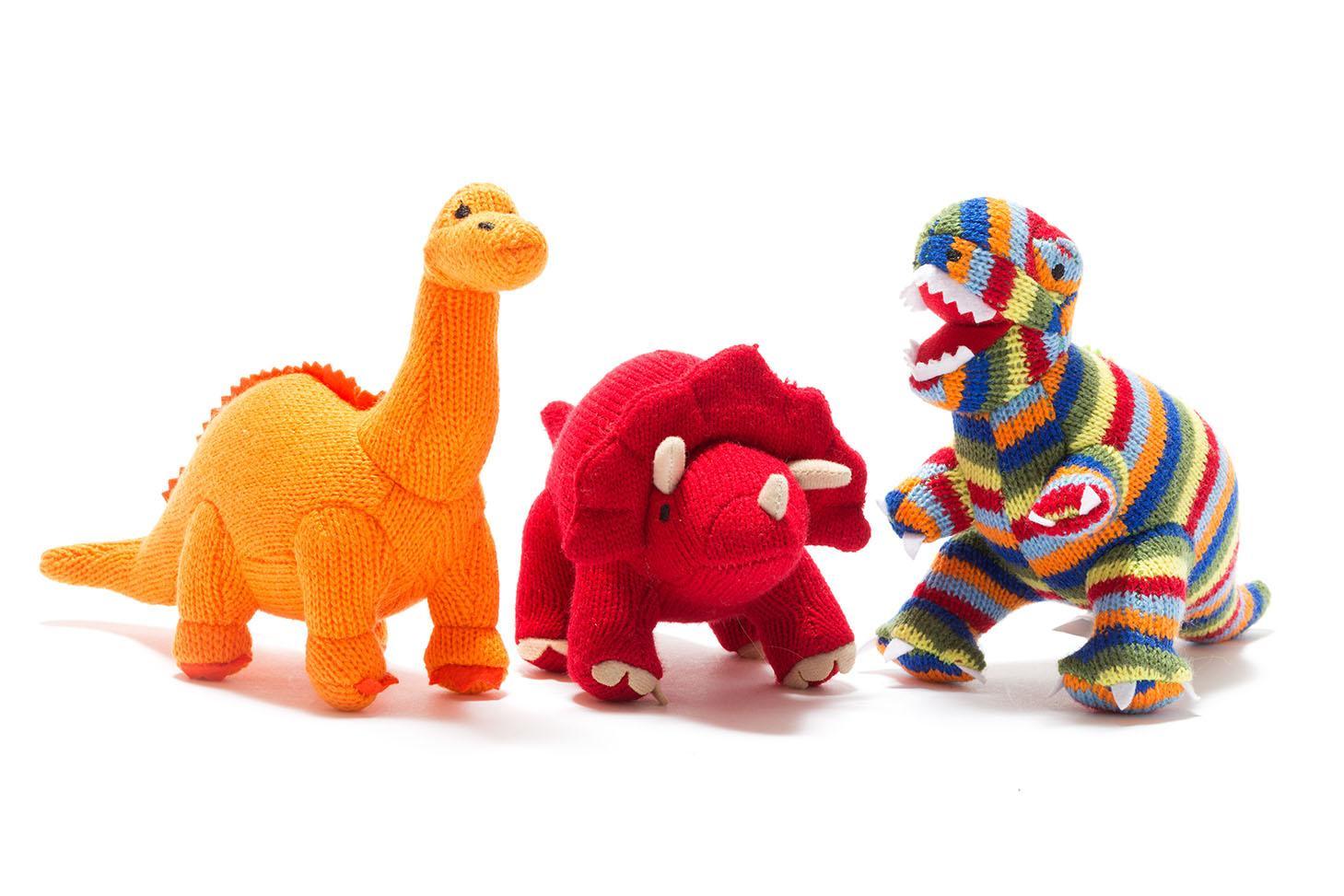You have no items in your shopping cart.
We often get asked why, when we are so passionate about the ethics behind manufacturing, do we source from Chinese factories? We make no secret of our admiration for Pebble toys and Under the Nile but this doesn't mean that we won't source from companies with a more traditional approach to manufacturing.
Many years ago, when Liz and I first started work, Chinese factories used to be in the middle of nowhere. China is a vast country so workers used to travel for days (weeks sometimes) to come in from the countryside to work. Due to the distances involved the workers had to live at the factory and this is where abuses occurred.
This could range from the living conditions being unacceptably low, wages not paid, hours too long and bullying. The workers could not leave the site so they were dependant on the factory. It was only when Chinese New Year came round that the workers could return home and get away. We used to spend a lot of time visiting factories to ensure that they were suitable for the retailers we worked for and the distances we travelled to get to them were huge.
Roll on 20 years and the situation is very different. All of the factories we work with at Best Years are in and around Shanghai, and none are more than a couple of hours away from the centre of the city (if you don't take the hideous traffic in to account!). The majority of workers cycle to work from their homes.
The full employment in the cities means that the smaller factories have to work very hard to retain their workers. If a worker is mistreated they can simply stop working for them and find a job in another similar factory in the neighbourhood.
So we are every happy to work with our Chinese factories. They are extremely efficient and knowledgeable about testing requirements for EN71 and CE. They are professional, friendly and we like them.
We believe that partnership is key to a successful working relationship and have been working with our main 2 factories (one knitted and one hand made crochet) for almost 10 years. We don't shop around for cheaper sources and we don't set unrealistic leadtimes to ensure that all of our products are many in the factory we know rather than outsourced to someone else.
So this is how our knitted toys from China are made
Mostly the process starts in a show room which the factory has to show the different fabrics and shapes they can do. We work together to suggest different fabrics for existing products or ways in which we can introduce new characters

Once we have an idea the factory will make up a sample for us

Sometimes the samples are amazingly accurate from the very start but other times it can take ages to get it right. If we need to make too many changes we often shelve the product because if the very skilled sampling department struggle to make a toy then they will undoubtedly be an issue on the production line.
The sewing lines themselves are very unsophisticated. All the toys are hand made and there are very few processes which can be automated.


One of the main safety issues is to ensure that no needles are left in the toys either through needles breaking or staff error. For this reason every needle has to be signed in and out at the beginning and end of the day. Broken needles have to be brought back so they can ensure that all the pieces have been accounted for. In addition every toy goes through a magnetic machine before being passed.

Although we believe that fairtrade is the bet option, we are also very happy to work with factories who treat their workers with respect wherever they are in the world. We are not naive enough to believe that China is perfect. We are sure that there are factories which are hideous, especially ones which are in the more remote areas. But we also believe that there are many very good factories in China and that the ones we work with are two of the very best.
China has its issues. No one could say that it is perfect, but like everywhere it is the people who can make the difference and we really enjoy working with our Chinese partners. And its a fabulous place to visit




